Healthcare utilization and loneliness
Loneliness and social isolation are associated with greater healthcare utilization. Continue scrolling to read key resources on the relationship between loneliness and healthcare utilization.
Mihalopoulos et al. (2014)
The economic costs of loneliness: a review of cost-of-illness and economic evaluation studies
Systematic Review
Primary finding: Based on 12 papers, the authors conclude that the true economic burden can only be estimated to a certain extent and the comparability across economic evaluations and return on investment studies is limited.
Taube et al. (2014)
Loneliness and health care consumption among older people
Observational study
Primary finding: The results showed that 60% of the respondents had experienced loneliness during the previous year, at least occasionally. The study identified that lonely respondents had a lower HRQoL, with a higher total number of reported health complaints , and used more outpatient services including more acute visits at the emergency department, compared to not lonely respondents.
Valtorta et al. (2018)
Older Adults' Social Relationships and Health Care Utilization: A Systematic Review
Observational study
Primary finding: Among 126 studies, the authors identified strong evidence of an association between weaker social relationships and increased rates of readmission to hospital (75% of high-quality studies reported evidence of an association in the same direction). In evidence of moderate strength, according to 2 high-quality and 3 medium-quality studies, smaller social networks were associated with longer hospital stays. When the authrs considered received and perceived social support separately, they were not linked to health care use.
Hajek et al. (2020)
Multimorbidity, Loneliness, and Social Isolation. A Systematic Review
Systematic Review
Primary finding: Most of the 8 included studies showed a link between multimorbidity and increased loneliness.
Flowers et al. (2017)
Medicare Spends More on Socially Isolated Older Adults
Quantitative Analysis
Primary finding: Socially isolated older adults are at greater risk for poor health and death than their wellconnected counterparts. However, information is lacking on whether social isolation among older adults affects health care spending. This study is the first to examine whether social isolation also affects health care spending among older adults. By examining Medicare spending data, this study found that a lack of social contacts among older adults is associated with an estimated $6.7 billion in additional federal spending annually.
